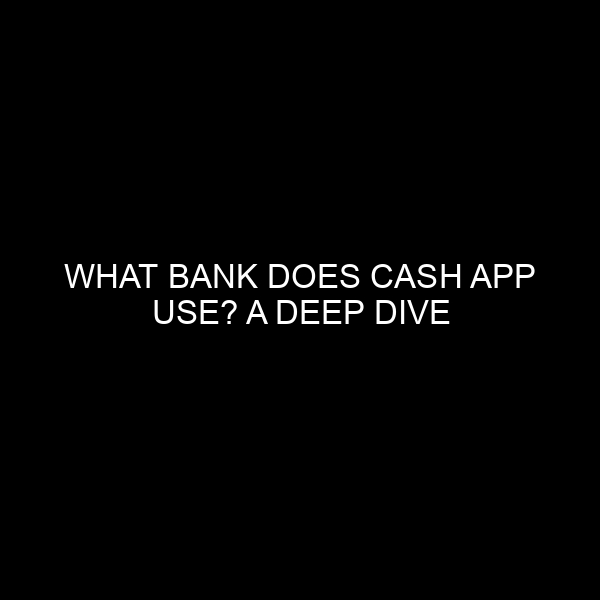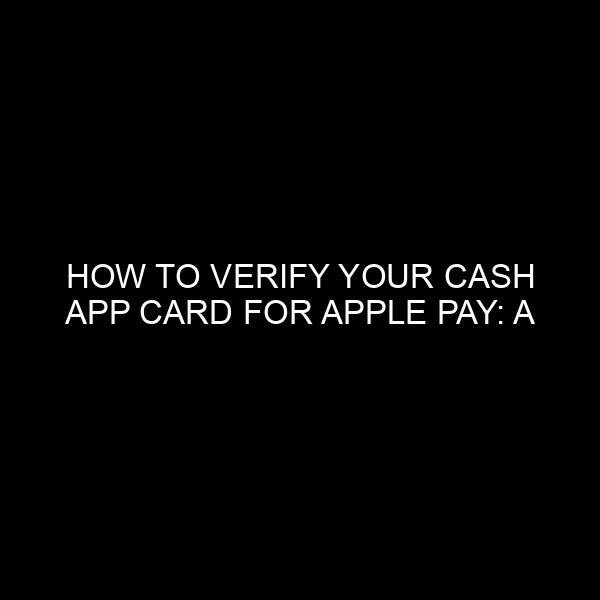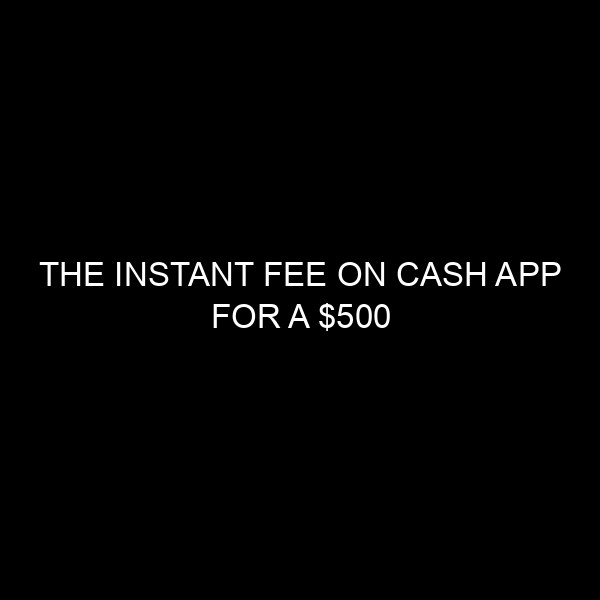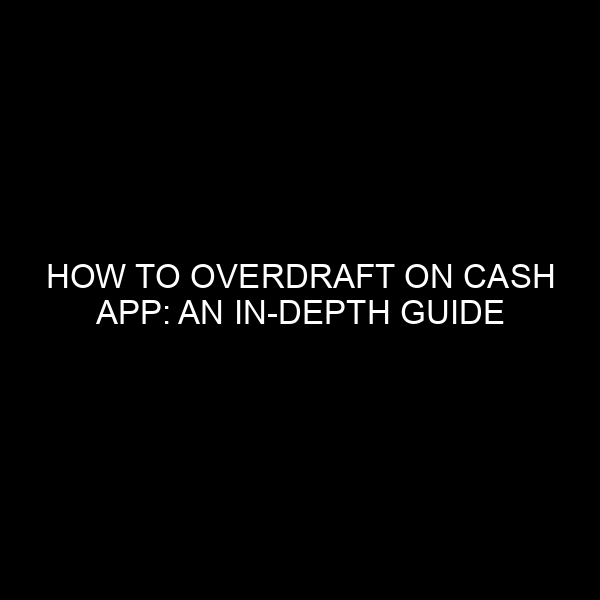What Bank Does Cash App Use? A Deep Dive
In today’s digital age, a significant portion of financial transactions occurs through various apps and digital platforms. Among these, Cash App stands out as a popular choice for its simplicity and convenience. But have you ever wondered which bank powers the financial side of Cash App? Well, that’s a question many people ask, and with my background in the financial market and banking industry, I’m here to provide an authoritative answer.
Introduction to Cash App
Cash App, formerly known as Square Cash, is a mobile payment service developed by Square, Inc. It allows users to send and receive money instantly, without the need for a traditional bank account or even a social security number. With the click of a button, one can make payments, receive money, and even invest in stocks and cryptocurrencies. However, as seamless as the user interface might appear, behind the scenes, it relies on traditional banking infrastructure.
Lincoln Savings Bank: The Engine Behind Cash App
So, which bank is behind Cash App? The answer is Lincoln Savings Bank. Square, the parent company of Cash App, has a partnership with Lincoln Savings Bank, an FDIC-member bank. This collaboration ensures that the funds users send and receive through the app are insured up to the FDIC limit. This relationship signifies the blend of modern fintech innovation with the security and trustworthiness of traditional banking.
The Importance of FDIC Insurance
It’s essential to recognize the significance of FDIC (Federal Deposit Insurance Corporation) insurance in this partnership. The FDIC ensures individual deposits up to $250,000 in member banks. This means that if, for some reason, the bank were to face financial difficulties, the money you’ve stored or transacted through Cash App is insured up to the mentioned limit. For users, this provides a layer of trust and assurance, knowing that their money is safe and backed by a longstanding government institution.
Collaborative Benefits for Square and Lincoln Savings Bank
This partnership is mutually beneficial for both entities. For Square, having a partnership with an FDIC-member bank brings credibility and a sense of security to their users. On the other hand, Lincoln Savings Bank gets to expand its reach and influence within the younger, tech-savvy demographic, which primarily uses apps like Cash App.
Other Entities Involved with Cash App
While Lincoln Savings Bank is the primary financial institution backing Cash App’s transactions, it’s worth noting that the platform interfaces with several other entities for various services. For instance, for its Bitcoin trading feature, Cash App collaborates with different cryptocurrency exchange platforms. It’s a testament to the app’s multi-dimensional approach to finance and its adaptability in catering to varied financial needs.
Security Measures and Considerations
Given that the digital space is rife with potential security risks, Cash App employs several robust measures to ensure the safety of its users. From encryption protocols to fraud detection algorithms, the app is designed to keep financial data secure. But it’s always a good practice for users to be vigilant and follow best practices, such as regularly updating passwords and enabling two-factor authentication.
Final Thoughts
The fusion of traditional banking with modern fintech solutions, as seen in the partnership between Cash App and Lincoln Savings Bank, represents the evolving landscape of finance. This partnership not only emphasizes the importance of trust and security in the digital financial world but also underscores the potential for innovation and growth when two seemingly different entities collaborate.






